“Persistent Internal Squabbles Is Bad For Political Parties”
- Par Eulalia AMABO
- 01 Sep 2021 11:04
- 0 Likes
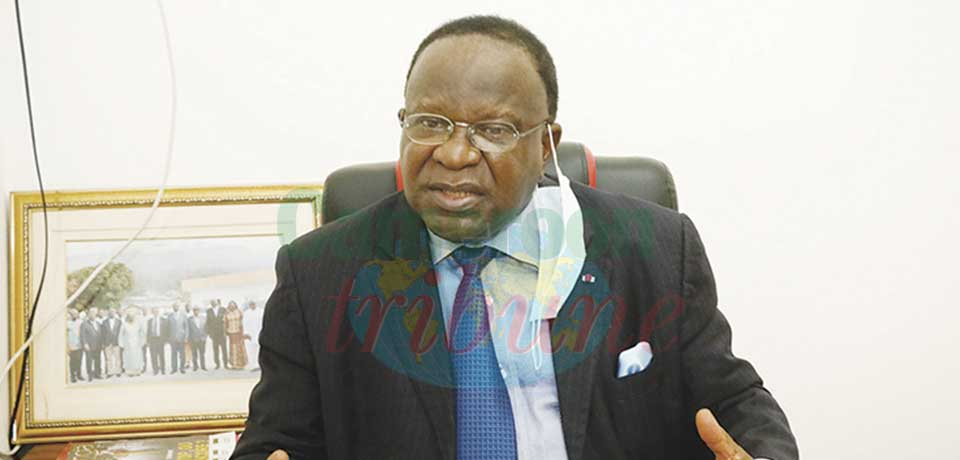
Prof Elvis Ngolle Ngolle, Political Scientist.
In recent times, political disagreements over dates and events have been common. What reading do you make of such persistent internal squabbles?
This is an observation which is true in many political systems and democratic systems in republics. Political parties are supposed to play the role of lobbyists to government and as such they always have to understand that there are associations of citizens who, as a matter of principle, conviction and purpose, must accept that by virtue of the fact that they have the same point of view with regards to the management of public affairs, win elections and one day run a government, they have the duty. And through discipline, as a matter of education and principle, they have to be able to rise above disagreements. Once they are unable to find a common ground, they will be defeating their very purpose and they will be making it difficult for themselves to exist. By virtue of the fact that they are associations, it means they have the following qualities; people, principles, law (internal regulations), objectives and they understand what democracy is all about. There are political parties who are constantly in disagreements and this makes it difficult for them to win elections, they lose members and are unable to convince the public. This reading of persistent internal squabbles is a bad thing for political parties. And these parties have to find a way to educate themselves out of it.
Due to these misunderstandings, most people seem to think that those who join political parties are more interested in personal gains than in the overall interest of their political formation. How true is this?
It is very true that when political parties stay with persistent internal squabbles, it goes without saying that their members have not understood their principles and purposes or even what democracy is all about. And that is not a good perception for political parties because the reason why people join them, is first, a matter of conviction. Second, as a matter of common beliefs and principles. Once you allow yourself to be in permanent disagreements, the tendency is that you become a laughing stock and you show to everybody that you belong together due to personal interest to the detriment of the collective interest of the party. Disagreements are normal. It is very normal that when you have a group of persons, they will have different viewpoints. But those different viewpoints do not take away the fact that they share the share principles, therefore, as a matter of daily duty find a common ground of agreement and overcome their differences. The image they give to the public is that they are together for personal gains. This makes them not to be in a position of advantage vis-à-vis other political parties who solve their internal squabbles in a more matured manner.
Don’t you think those divisions help in weakening the democratisation process by making party supporters to lack interest in issues of politics?
Of course, one of the major consequences of permanent internal quarrels is that, first of all, they render the party weak as compared to other political parties. Secondly no political party helps itself through prolonged misunderstandings. Any party willing to help itself must have a cultured political education and should organise several meetings and exchanges to learn and improve on themselves. Differences are not...
Cet article complet est réservé aux abonnés
Déjà abonné ? Identifiez-vous >
Accédez en illimité à Cameroon Tribune Digital à partir de 26250 FCFA
Je M'abonne1 minute suffit pour vous abonner à Cameroon Tribune Digital !
- Votre numéro spécial cameroon-tribune en version numérique
- Des encarts
- Des appels d'offres exclusives
- D'avant-première (accès 24h avant la publication)
- Des éditions consultables sur tous supports (smartphone, tablettes, PC)






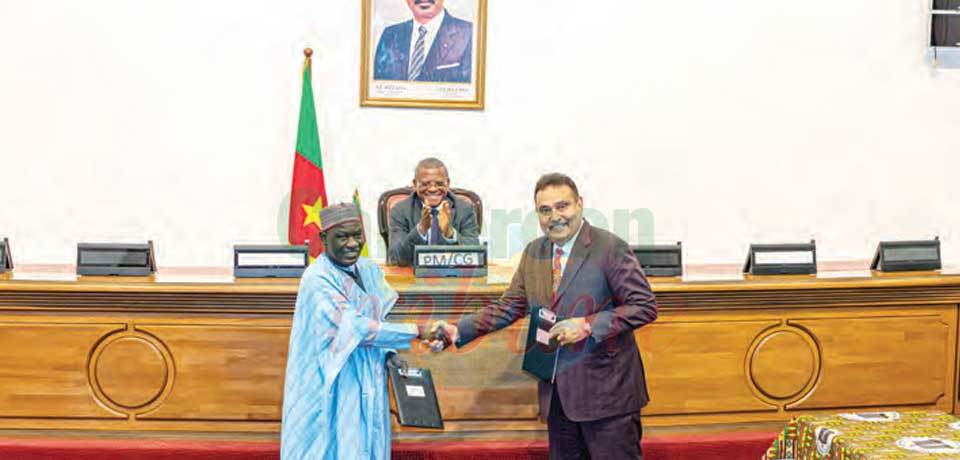
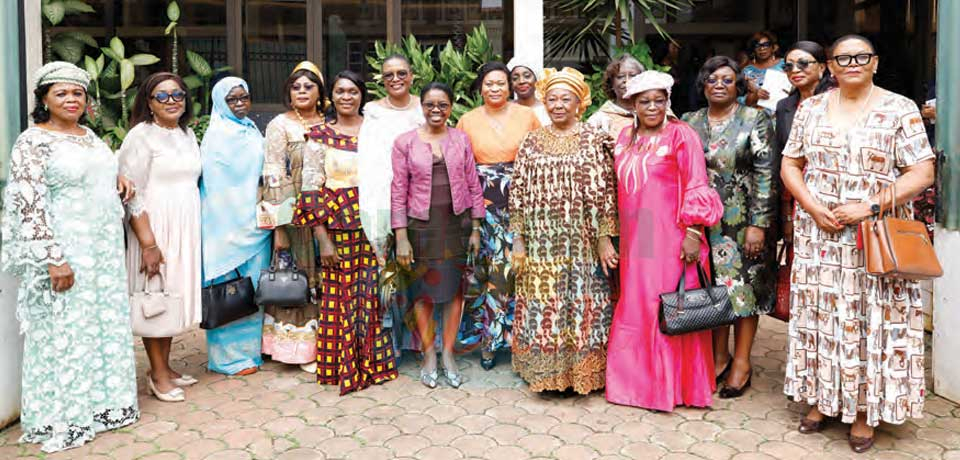
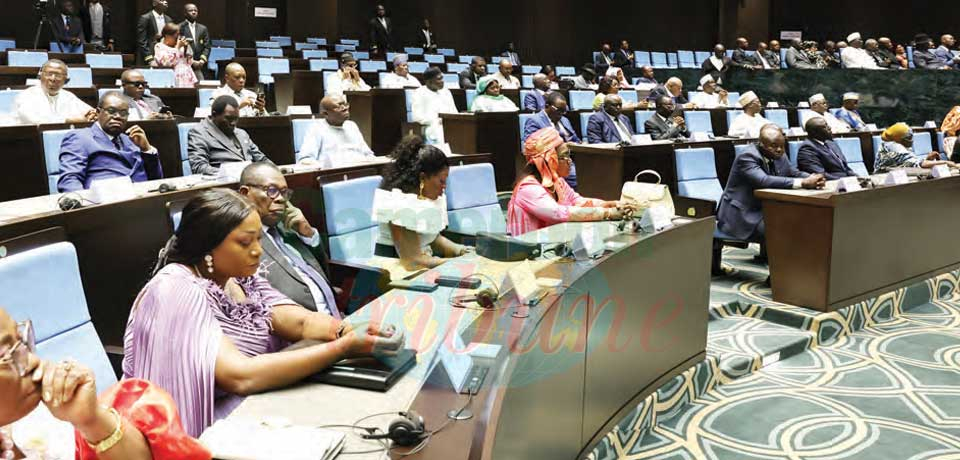
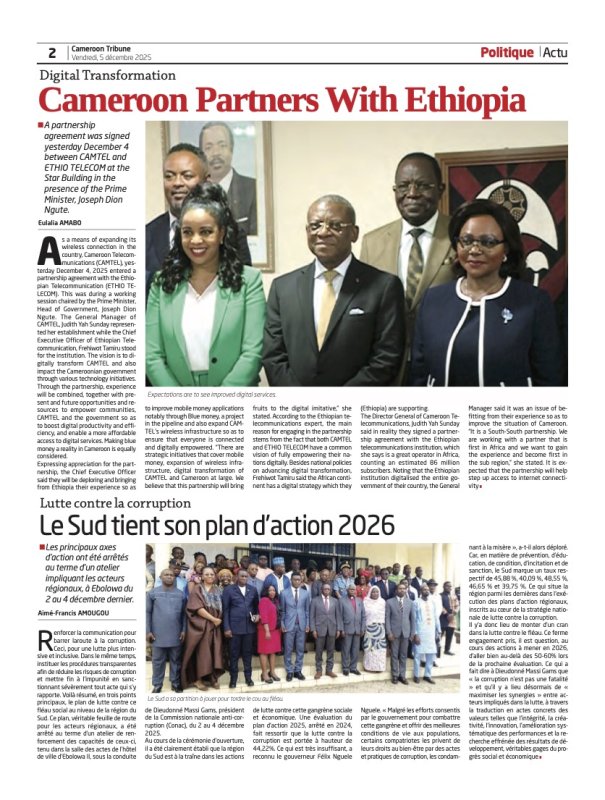




Commentaires